Life in most of the homes in Nigeria is uncertain. Evening programmes are disrupted because of power failure, a person feels unsafe in his own house, and working, family and domestic chores can make anyone out of breath. That is why these Top 5 Smart Devices for Nigerian households is not only an investment in technology, but it is about stability, convenience, and safety in your daily life.
This article goes to the point and gives an insight into the five essential smart devices to have in any Nigerian home-supported by reputable local sources and aligned to the everyday needs of your readers.
1. Solar Integrated Smart Inverter
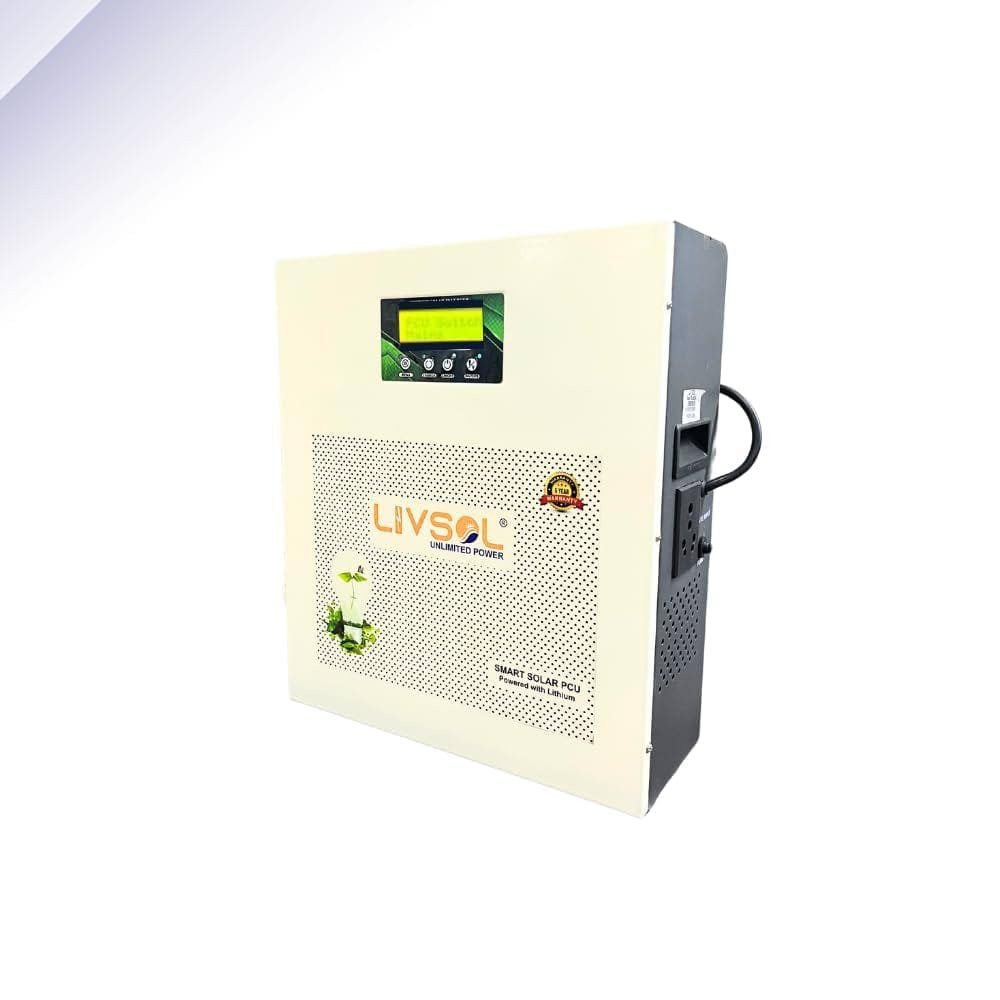
Power in Nigeria is very unstable, and unexpected blackouts may make your day and fridge come to a stop. A smarter backup solution is a smart inverter with solar panels.
Why it is important:
Your high-end machines and freezers freeze mid-way when power cuts come. An intelligent inverter maintains them in good shape, and saves you money on your electric bill when combined with solar generation, excellent in Lagos, Abuja or any place with unreliable supply.
The way it can be useful:
There are models such as Luminous, BlueGate, which pair with mobile applications. You can track live usage, and set charging, and be alerted when batteries are low.
The benefit:
No more having to refreeze perishables in the morning or rush to charge your smartphone in the middle of a zoom meeting. It is convenient, economical and sane, all in a smart device.
2. Smart Security DoorBells and Security Cameras
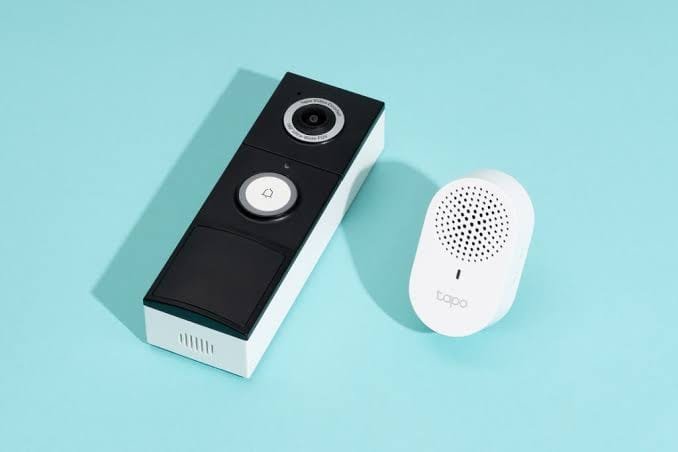
One of the most important smart devices for Nigerian households is a smart security doorbell and camera.
The issue of security is a global concern. Smart video doorbells enable you to view, communicate with, and film visitors remotely-never again are you going to wonder who is at the gate. In the interim, Wi-Fi cameras within your compound will give you 24/7 coverage, including when there is load-shedding, powered by battery backup or solar power.
The reason why it matters:
You desire to have a peace of mind- especially when you are working late, on the road or you reside in a new estate. Smart cameras provide you that control regardless of whether you are in Abuja or out of the country.
The way it is helpful:
There are also cheap alternatives such as the Xiaomi Mi 360 Degree Camera that features HD recording, remote feedback, and sharp playback, even in the dark.
The whole thing is complemented by a smart doorbell, a virtual gatekeeper, alerts, live view, voice chat, you get it all on your phone.
The benefit:
Nothing more in doubt. You will be able to tell whether a delivery is made, whether the security guard is at the gate, or whether something is wrong all of that anywhere.
Read More: AI in Your Pocket: Smartphones with the Best AI Features in 2025
3. Smart lighting and smart plugs
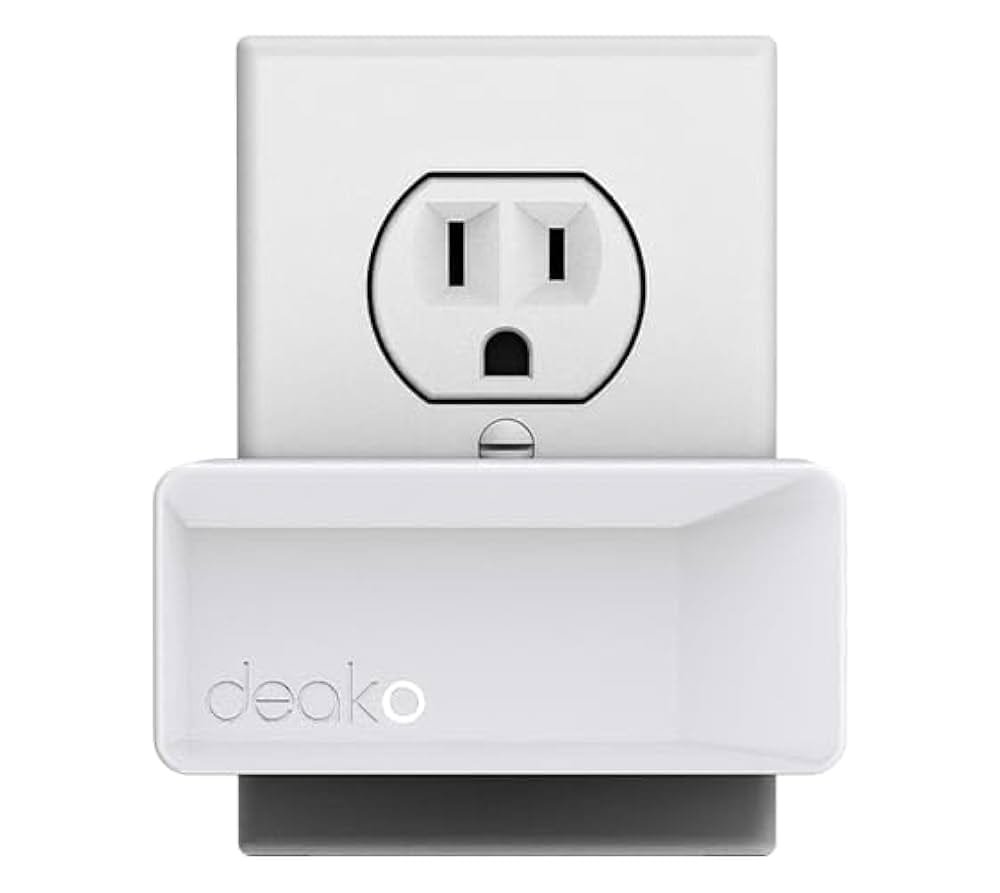
Think about when you go into a dark room and the lights turn on before you get there, or when you leave home and your iron turns off automatically. They are no longer luxuries, they are now a part of everyday life with smart plugs and bulbs.
The reason why it is important:
Conventional power patterns are wasteful and dangerous. Smart plugs allow controlling electronics remotely, so there is less risk and stress when you forget to turn things off as you leave.
The way it can assist:
These are priced at 3,000 naira per bulb and 5,000 naira per plug, which retrospectively fits into any socket or lamp . Combined with voice assistants, such as Google Nest or Alexa, they are convenient to use without touching (via Nest Hub, Echo Dot.
The benefit:
Energy-saving, economical, and ready to use. Lamps turn off by themselves, appliances become scheduled and the dream of controlling home at a distance comes true.
4. Voice Assistants and Smart Speakers
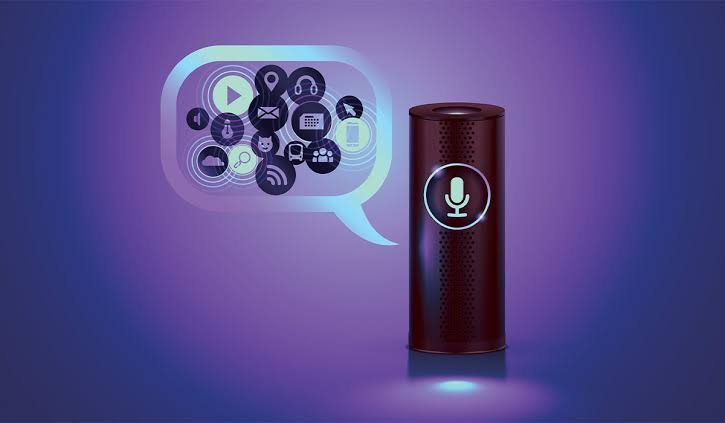
Smart assistants, such as Google Nest or Amazon Echo Dot, are not limited to music playing but can be used as the places of central control. If you feel like turning on lights down, monitoring water purifier status or having news updates made when preparing breakfast? It is just one voice command.
Why it is important:
You are up to your neck with household chores, phone calls and errands. A voice assistant allows you to be connected and efficient without being distracted.
The way it can be helpful:
The devices are between 15,000 to 25,000 Naira. It has a voice control feature that you do not have to unlock your smartphone and struggle with applications. Feel like looking at the news? Just speak. Want to dim the lights in the living room? Just speak.
The benefit:
Incorporates technology into our lives in a seamless way. Turn on, request weather, cook with assistance, verify security, and everything is hands-free.
5. Smart Dispensers and Water Purifiers
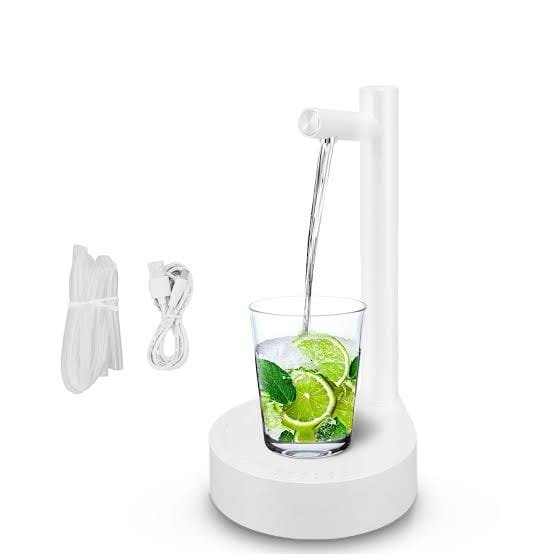
Another important Smart Devices for Nigerian households is Smart water dispensers. The availability of clean water in Nigeria differs significantly across regions. That is solved by a smart dispenser, which is also convenient.
The importance of it is that:
It takes a long time to boil water. An intelligent purifier guarantees there is always drinking water with zero downtime or guesses.
The way it benefits:
Such devices as Kent Excell+ or Xiaomi smart dispensers notify about the use of filters through phone‛ Others advocate automatic dispensation whereby a single click provides you with what you require.
The benefit:
Tap water that is safe, a lower risk of contamination, and the physical effort that is crucial to families and busy professionals.
How to Create a Smart Home Without Spending a Lot of Money
You may be tempted to believe that this is an investment in a futuristic home but you do not have to empty your bank. Start small:
- Connect a speaker with a smart bulb or a smart plug.
- Install one camera or purifier at a time.
- Apply voice control and solar-inverter systems as a source of power resilience.
- Internet connection: buy a good router and think of increasing your Wi-Fi area to ensure all the devices are active.
Smart home technology is moving at a rapid pace and Samsung will soon give its SmartThings ambient sensing technology that will enable refrigerators, TVs, even speakers to sense motion and change settings.
Actual Outcomes in Nigerian Homes
Statistics indicate that the use of smart homes increased in 2024, with 32 percent of homes in major cities owning at least one smart device, and the market is projected to reach 284 million in 2025.
Users report:
- Their freezer was maintained through a six-hour power cut by a smart inverter.
- They received a warning sent out by a smart camera that some fence was breached late at night.
- Google Nest voice control implies not using remote controls and switches anymore.
The Way Forward
These Top 5 Smart Devices for Nigerian households we discussed, smart inverter, security cameras, smart plugs and bulbs, smart speakers, and water purifiers are not mere gadgets. They are basic tools which solve daily household frustrations of the Nigerian population, power, safety, efficiency, convenience, and clean water.
With local innovations and global tech leaders feeding the even more fluid, AI-powered living, smart home ecosystems expand. But in the meantime start with one smart device and expand. A gadget cannot be as valuable as peace of mind.

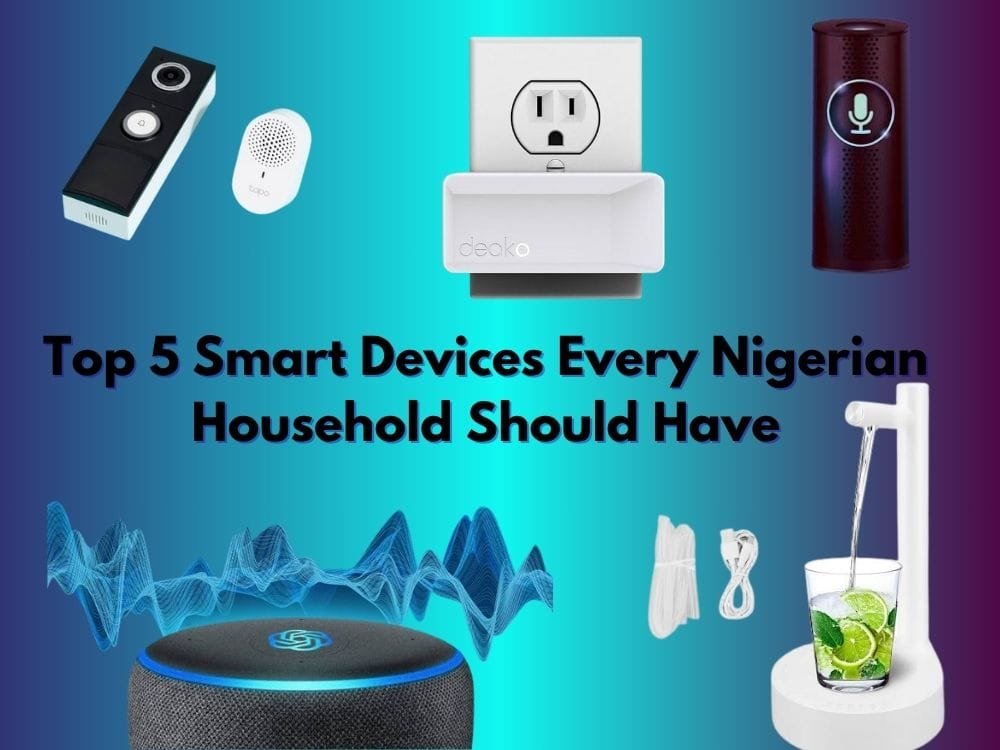
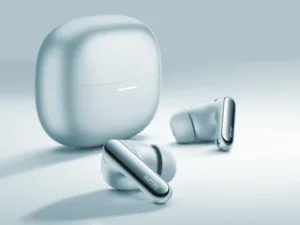
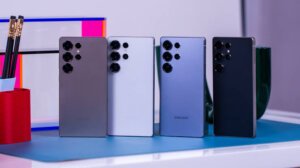

Pingback: Unlocking Control: The Best Mobile Apps to Control Your Smart Devices Remotely - Tech Mansion